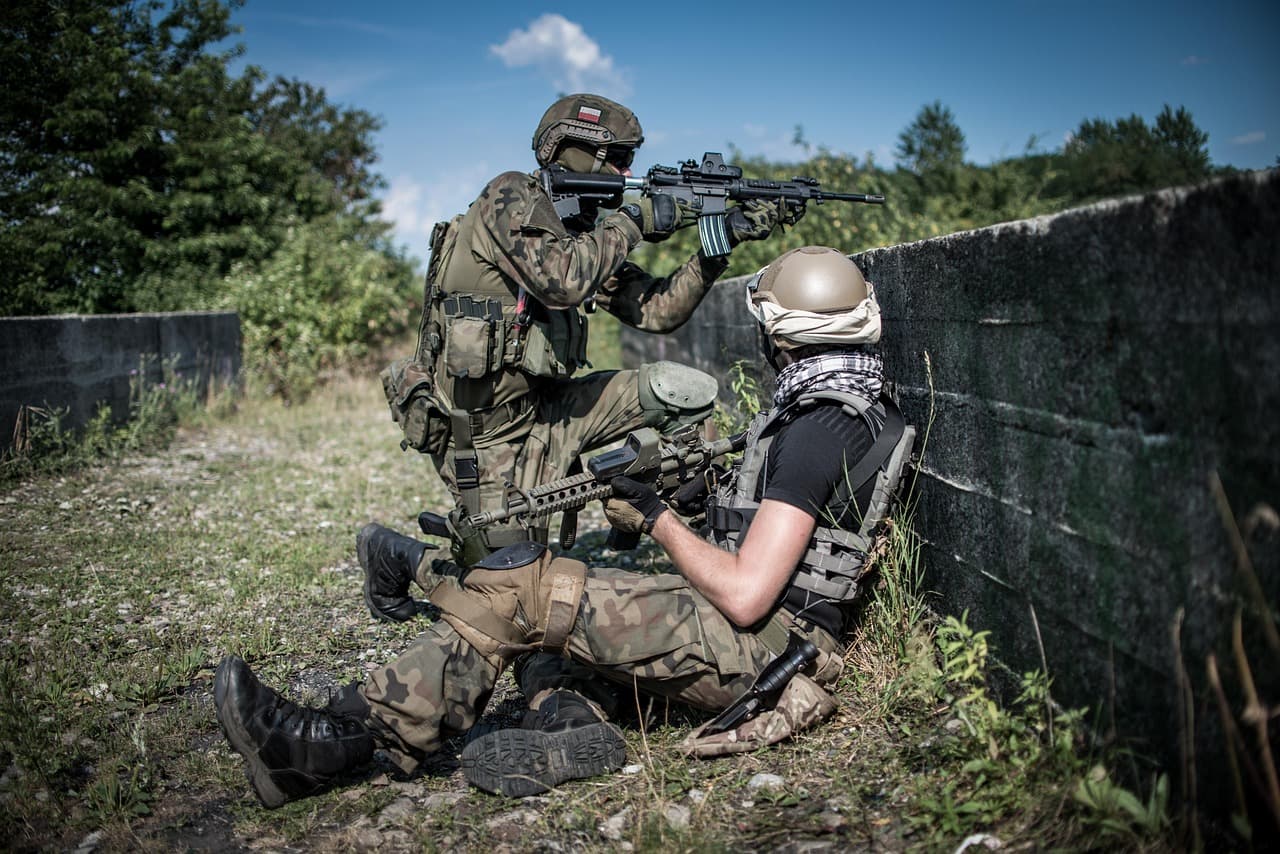State Secretary for Defense: “AI is backbone of all innovation”
The army can no longer do without AI, says State Secretary Gijs Tuinman during a conference.
Published on April 25, 2025

Our DATA+ expert and Editor-in-Chief, Elcke Vels, explores AI, cyber security, and Dutch innovation. Her "What if..." column imagines bold scenarios beyond the norm.
Underwater robots and Def-GPT; at the Dutch AI Congress last Wednesday in Utrecht, State Secretary for Defense Gijs Tuinman spoke about the impact of AI on the military. “We are making a shift from fire and steel to bits and bytes.” Reporter Elcke Vels was there.
Geopolitical tensions are becoming increasingly noticeable, and this has made many people realize how important defense is. As a result, the number of young people signing up for the army is on the rise. But modern times require more than just soldiers. Advanced technologies, such as AI, play an undeniable role in today's world.
Tuinman, himself a former commando, illustrated the impact of AI with a personal example. “When I was a soldier in Afghanistan, I had a medic with me. Now I see a future in which soldiers can treat themselves for injuries thanks to AI. AI can help analyze a broken bone, and with a 3D printer, he or she can print a splint in the field. Then it's back to the fight.”
This is just one of many examples. “Where we once used AI mainly for tasks that were dirty, dangerous, and dull, we now know that AI can be used in many broader areas,” said the state secretary.
The Ministry of Defense uses AI for aircraft and vehicle maintenance and operational decision-making, among other things. Collaboration with Dutch companies is crucial in this regard. Tuinman mentioned Lobster Robotics, which develops underwater robots to monitor critical infrastructure, and Def-GPT, a secure, closed alternative to ChatGPT.
Call from the Ministry of Defense: synthetic data needed
An important appeal was made to the public during the conference: “Help us set up a synthetic data factory. Good data is scarce. By generating it synthetically, we can train and test faster and more efficiently. Let us know what you can build in six months. Show your swag.”
One step ahead of opponents
As far as Tuinman is concerned, developments cannot happen fast enough. “We must always be one step ahead of potential opponents. That is the only way to ensure that our men and women have the best chance of success. If we are facing a swarm of autonomous drones with a cap gun, everyone knows what the outcome will be.”
In other words, we in the Netherlands must devise, test, and implement our own innovations. To accelerate this process, the Ministry of Defense has set up a number of concrete instruments. One of these is Defport, a platform that facilitates cooperation between the public and private sectors. This enables the market to respond effectively to the needs of the armed forces.
Money is not the problem
One thing is certain, according to the State Secretary: money is not the problem. Two weeks ago, the Strategic Action Agenda for Industry, Innovation, and Knowledge Development (STRAIK-D) was presented. “More than a billion euros has been set aside to scale up the defense industry in the Netherlands, and this year I want to invest €310 million in innovations. AI is an increasingly important part of this. It is the backbone of our innovation circuit. And if it isn't yet, then it must become so.”
